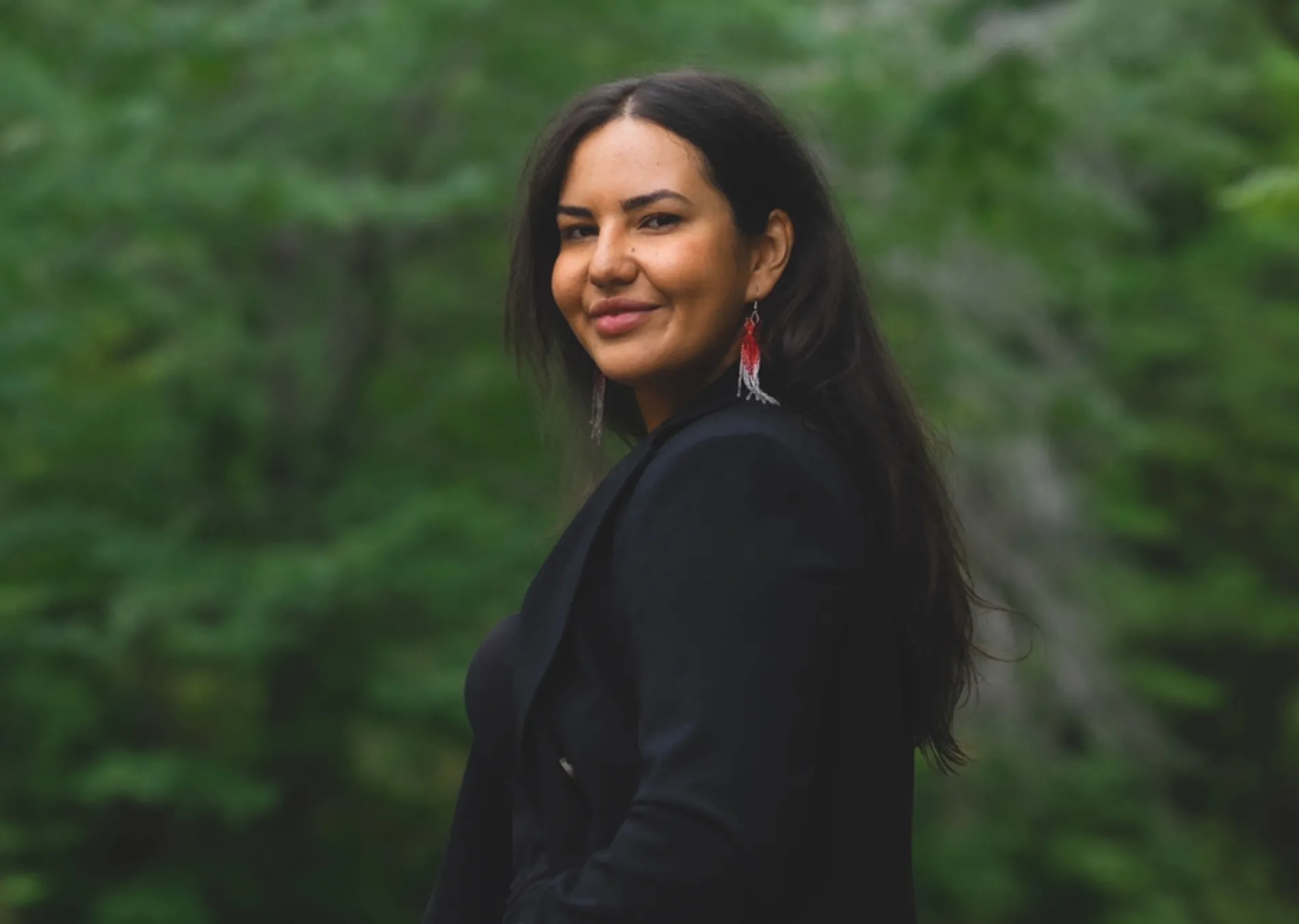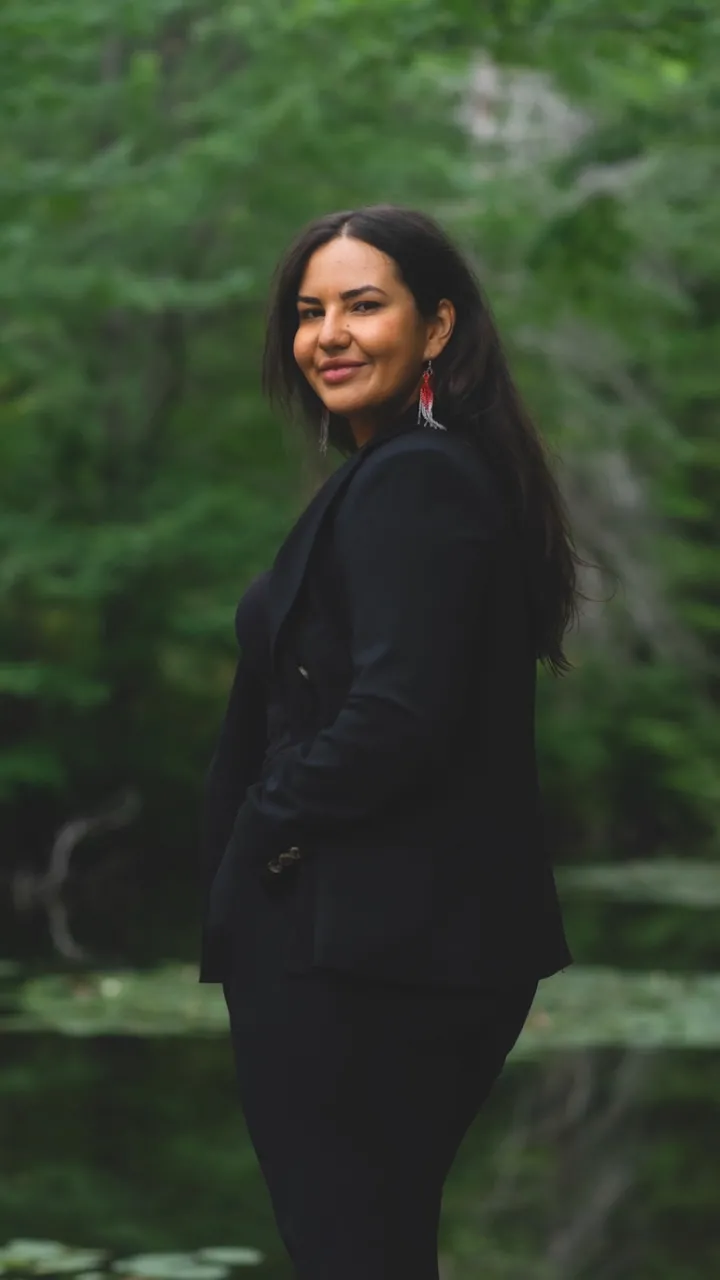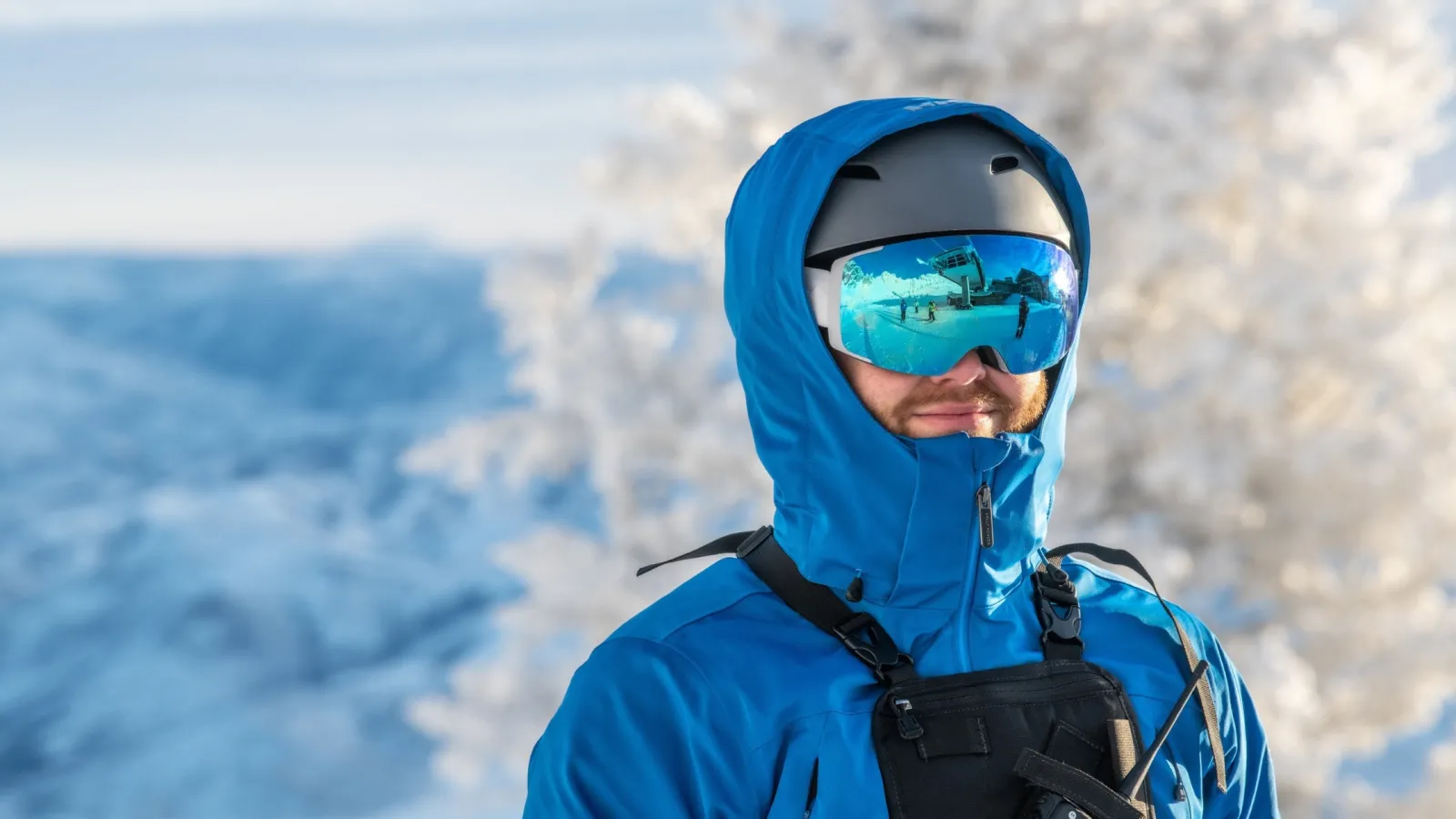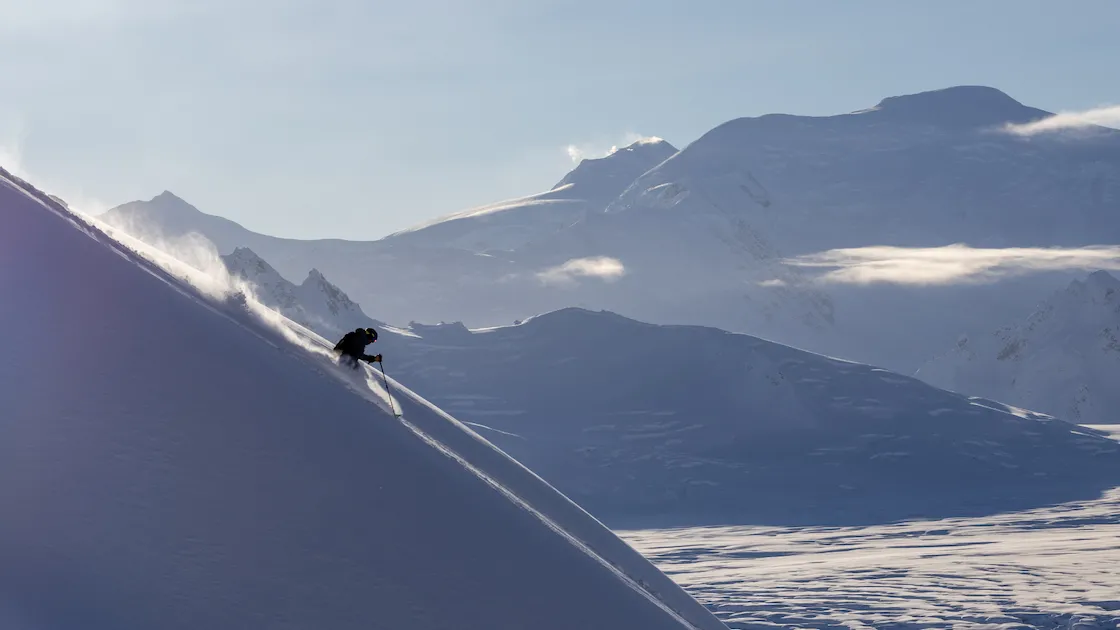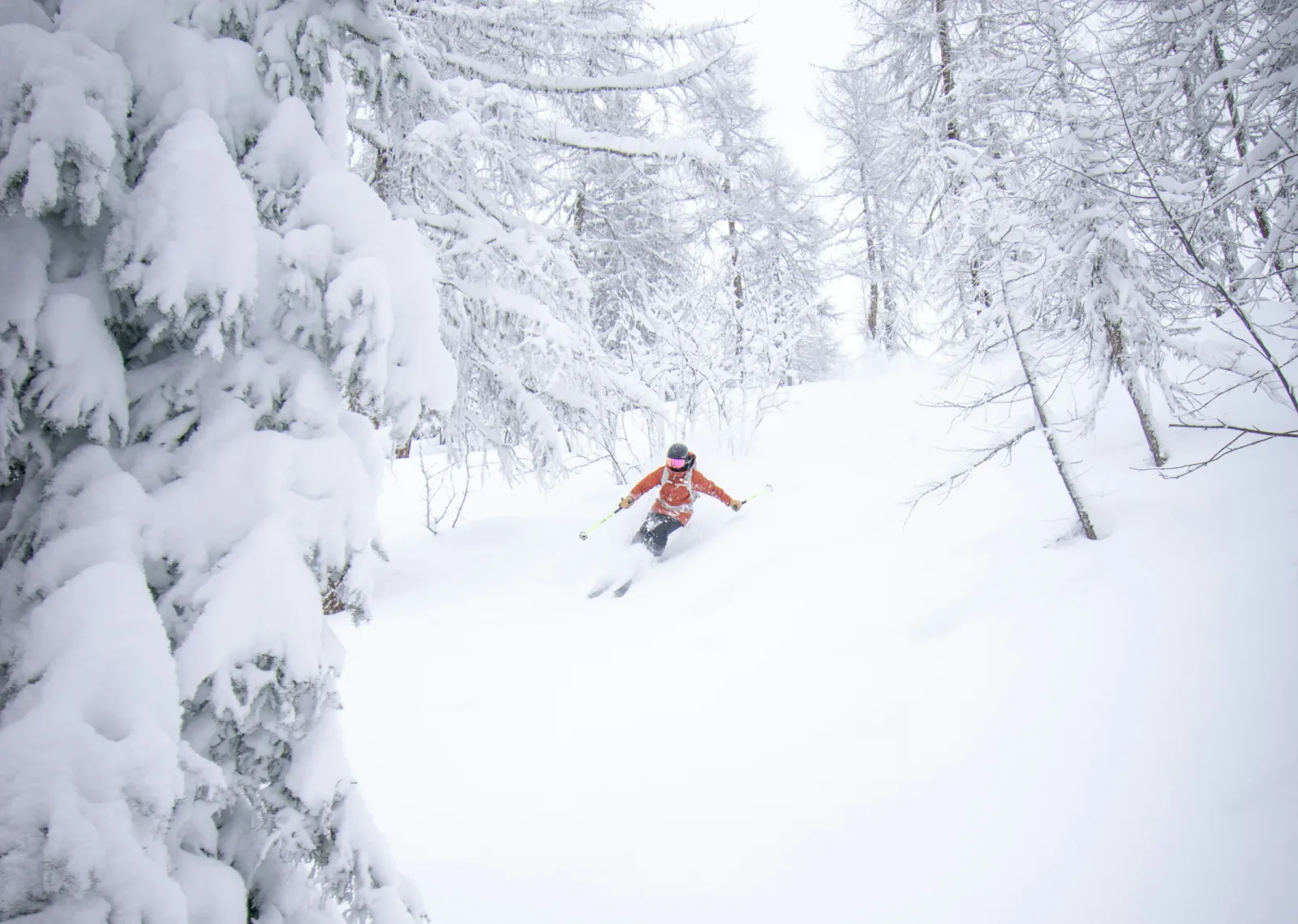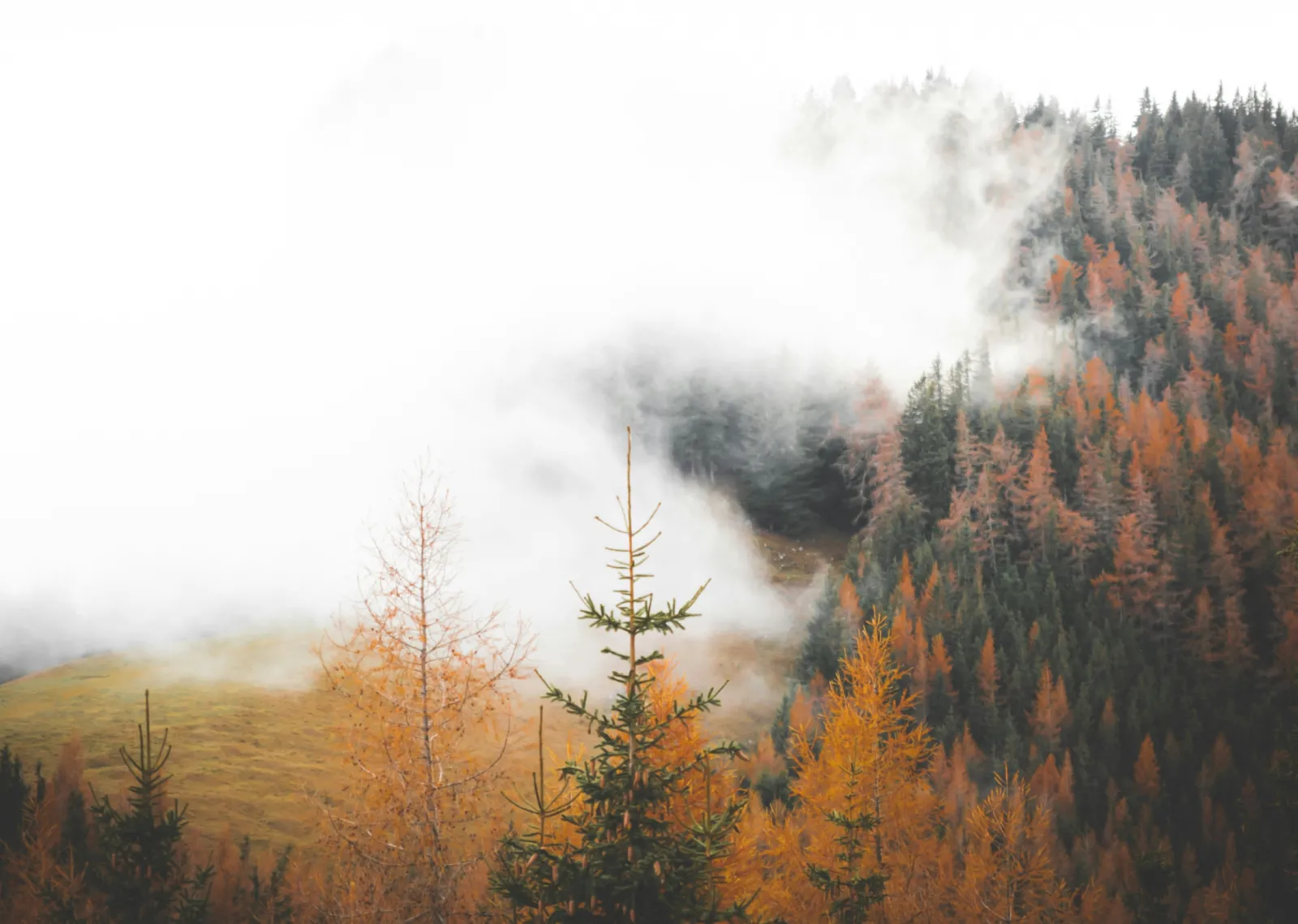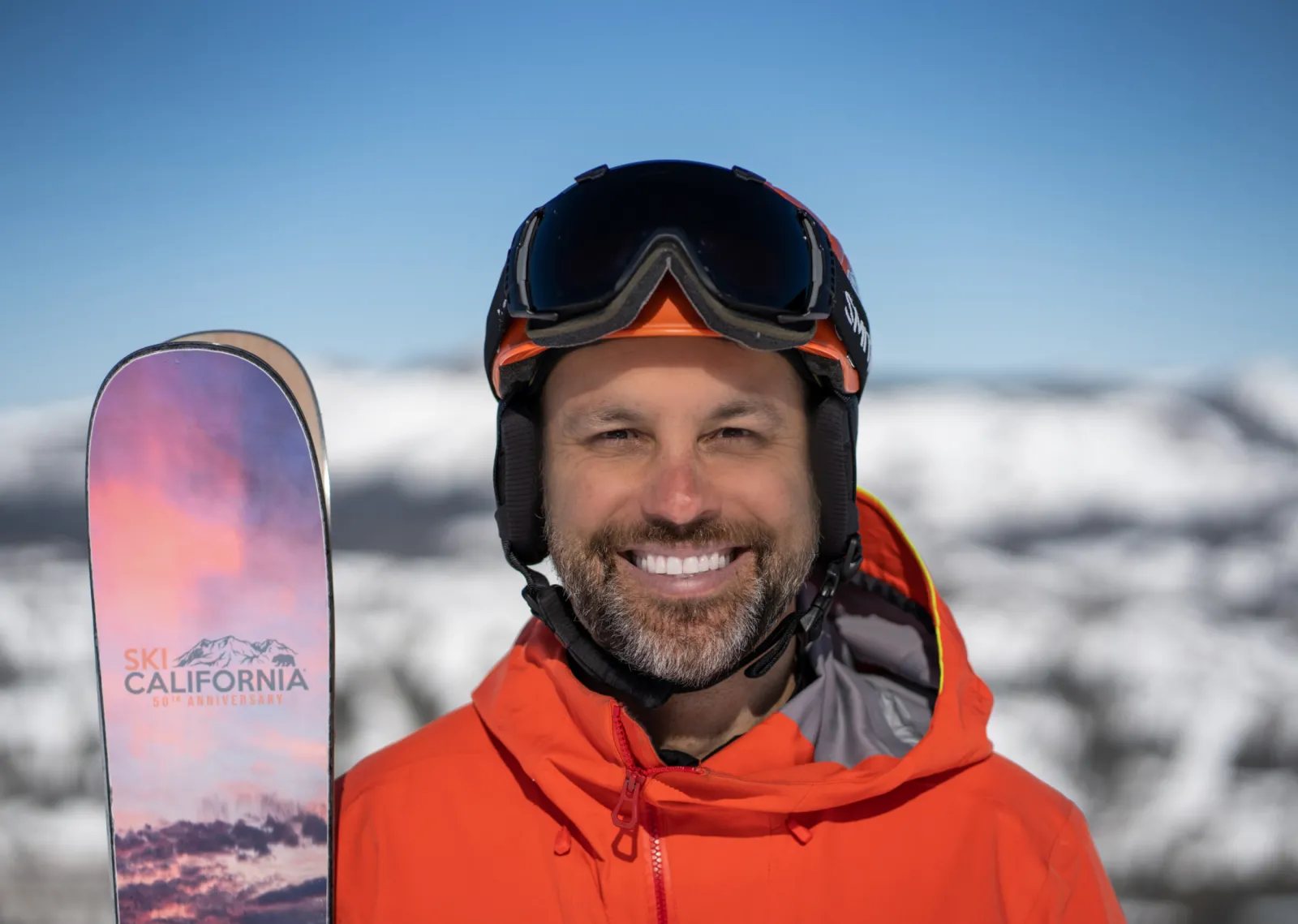The wisdom of Sabre Pictou Lee
Sabre Pictou Lee is so many things, I'm not even sure how to best introduce her. To begin, Sabre is Mi’kmaq from Eel River Bar First Nation in New Brunswick, a lawyer, a tattoo artist, an author, a rugby player, an ex ski-racer, a passionate hunter, an avid outdoorswoman, an award winning entrepreneur and business owner, and a volunteer on the board of POW Canada. On top of all that, she’s an inspiration to me and I'm thrilled to have a chance to interview her for our newsletter and share some of her wisdom with our readers.
Sabre, how do you want to introduce yourself?
I always struggle with this question. Part of who I am is the CEO and co-founder of Archipel Research & Consulting and founder of Wiskoq Research & Education Institute.
I am also a Mi’kmaw citizen of Ugpi’ganjig (Eel River Bar First Nation) in northern New Brunswick, Canada. I hold a Juris Doctor of Law with a specialization in Indigenous and Aboriginal Law from Dalhousie University, an M.A. in Indigenous and Canadian Studies from Carleton University, a B.F.A. in Art History and Indigenous Studies from Concordia University and a current Master of Laws student at UC Berkeley.
I have also been fortunate to be the recipient of awards and honors, such as Invest Ottawa’s International Woman of the Year 2021, the Donald Marshall Junior Memorial Award 2022 for my advocacy in Aboriginal law, Indigenous Entrepreneur of the Year 2022, and most recently speaking at the United Nations addressing funding inequities for Indigenous communities around the globe.
But I am also a daughter, sister, wife, dog mom to two, traditional tattoo artist, a deep lover of the land, and a forever student to my culture, territory, community, and family. I am a care-taker and a care-giver – hopefully in equal parts.
You founded Archipel Research and I understand it aims to generate understanding and coexistence between communities through our socially engaged way of doing business according to Indigenous and anti-racist principles, theories, and methodologies. What prompted you to start Archipel Research and can you tell us more about the business?
The inception of Archipel Research stemmed from a deep-seeded realization during my time as a researcher with other firms: Indigenous perspectives and values were glaringly absent in the discourse. This glaring gap propelled me to envision a platform where research endeavors were not only answered but also guided by our diverse communities. This led to the creation of Archipel Research & Consulting in 2019. Archipel was founded with a resolute mission of "Bridging worlds of knowledge."
From its modest beginnings, our ethos centered on meaningful work grounded in service to people and communities. Embarking on our journey with a single project, we set a precedent of exceeding expectations—a principle of under-promising and over delivering. A few months later, we secured a much larger project that we leveraged to expand our team, capabilities, and thematic spectrum.
Over the ensuing five years, we evolved into a premier research firm, operating on a global scale and fostering collaborations across 70 countries. Our diverse portfolio spans social sciences, health, land-based initiatives, environmental studies, inclusive marketing, legal and policy realms, among others.
Reflecting on this journey, I'm immensely proud of our team's accomplishments, the meaningful impact of our work, our esteemed clientele, and the invaluable bonds forged with communities worldwide.
Archipel stands as a testament to the transformative potential of research infused with Indigenous wisdom and anti-racist principles, striving relentlessly towards a more inclusive and enlightened future.
What do you feel are the issues facing the outdoor industry when it comes to Indigenous inclusion, representation or just plain acknowledgement?
The outdoor industry faces several issues when it comes to Indigenous inclusion, representation, and acknowledgment. Firstly, there's a deliberate exclusion of Indigenous Peoples as stewards of their land, seen in mechanisms like national parks and resorts. Secondly, the industry's high costs make it exclusive, limiting access for many. The ‘outdoors’ is inherently Indigenous but through long-term and intentional efforts, we have effectively erased Indigenous presence from the outdoor industry.
Consider, for instance, that ice hockey originated with the Mi’kmaq in the Atlantic and snow goggles were an Inuit creation, but this narrative is rarely included. Additionally, Indigenous stewardship consistently yields positive outcomes, from biodiversity conservation, carbon sequestration, water management, cultural preservation, and resilience to climate change. Yet, Indigenous perspectives are often sidelined in conservation efforts, perpetuating disparities.
Ask yourself questions like: How many resorts operate on Indigenous lands? But how many share revenue with local Indigenous nations? The answers reveal significant disparities. Economic reconciliation is vital for true reconciliation, yet these issues are often overlooked.
In essence, the outdoor industry must confront these issues and prioritize Indigenous inclusion and acknowledgment to achieve genuine reconciliation.
How do you think brands in this space can do better?
Brands in the outdoor industry have a responsibility to address the historical and ongoing marginalization of Indigenous Peoples in their narratives, practices, and partnerships.
Here are several ways we can do better:
Acknowledge Indigenous Contributions: Outdoor brands should actively recognize and celebrate the Indigenous roots of outdoor activities, gear, and knowledge. This includes acknowledging the origins of activities like ice hockey and inventions like snow goggles in their marketing, educational materials, and product descriptions.
Center Indigenous Voices: Brands should prioritize partnerships with Indigenous communities and individuals, amplifying their voices, stories, and perspectives. This could involve collaborating on product design, featuring Indigenous athletes and adventurers in marketing campaigns, and consulting with Indigenous experts on outdoor initiatives.
Support Indigenous-Led Conservation: Brands can demonstrate their commitment to Indigenous inclusion by supporting Indigenous-led conservation efforts and land stewardship initiatives. This could involve providing financial support, partnering on conservation projects, and respecting Indigenous sovereignty and land rights. For example, Indigenous Climate Action.
Promote Economic Reconciliation: Outdoor brands should actively work to address economic disparities by prioritizing partnerships with Indigenous communities, businesses and organizations. This could involve sourcing materials and labor from Indigenous suppliers, investing in Indigenous entrepreneurship and workforce development, and implementing revenue-sharing agreements with Indigenous communities.
Educate Employees and Customers: Brands should invest in cultural competency training for their employees and develop educational resources for their customers to increase awareness of Indigenous history, culture, and issues. This could involve incorporating Indigenous perspectives into employee training programs, hosting educational events and workshops, and providing informational materials on Indigenous heritage and land rights.
Advocate for Policy Change: Brands can use their influence to advocate for policies that promote Indigenous rights, land sovereignty, and environmental justice. This could involve supporting legislative initiatives, participating in industry-wide coalitions, and using their platforms to raise awareness of Indigenous issues and advocate for systemic change.
What advice do you have for those trying to start their journey toward truth and reconciliation?
Embarking on a journey toward truth and reconciliation is a lifelong endeavor – and a critical one for all our wellbeing.
Reconciliation involves educating oneself on the history of colonization and the experiences of Indigenous Peoples, centering Indigenous voices and perspectives (while paying them for their time, knowledge and lived experience), and reflecting on one's own privilege and biases.
It requires actively engaging in dialogue and relationship-building with Indigenous individuals and communities, taking concrete actions to support Indigenous-led initiatives and advocate for Indigenous rights, and amplifying Indigenous voices and stories.
By taking these steps and committing to ongoing learning, reflection, and action, individuals can contribute to the collective effort toward truth, healing, and reconciliation.
Can you share how the work you do has helped organizations and the ways in which the work can be applied in a business's practices?
In our work with organizations across various sectors, we've found that prioritizing internal well-being is essential for achieving success externally. Creating a supportive work environment has been a cornerstone of our approach. By implementing measures such as reduced work hours without reducing pay, paid holiday closures, and offering flexibility to accommodate life's unpredictability, we prioritize staff well-being. This focus on internal well-being not only enhances employee satisfaction and retention but also fosters a culture of inclusivity and innovation. When diversifying staffing, it's crucial to examine internal biases and norms to ensure we're not simply adhering to traditional capitalist frameworks but rather striving to create something new.
